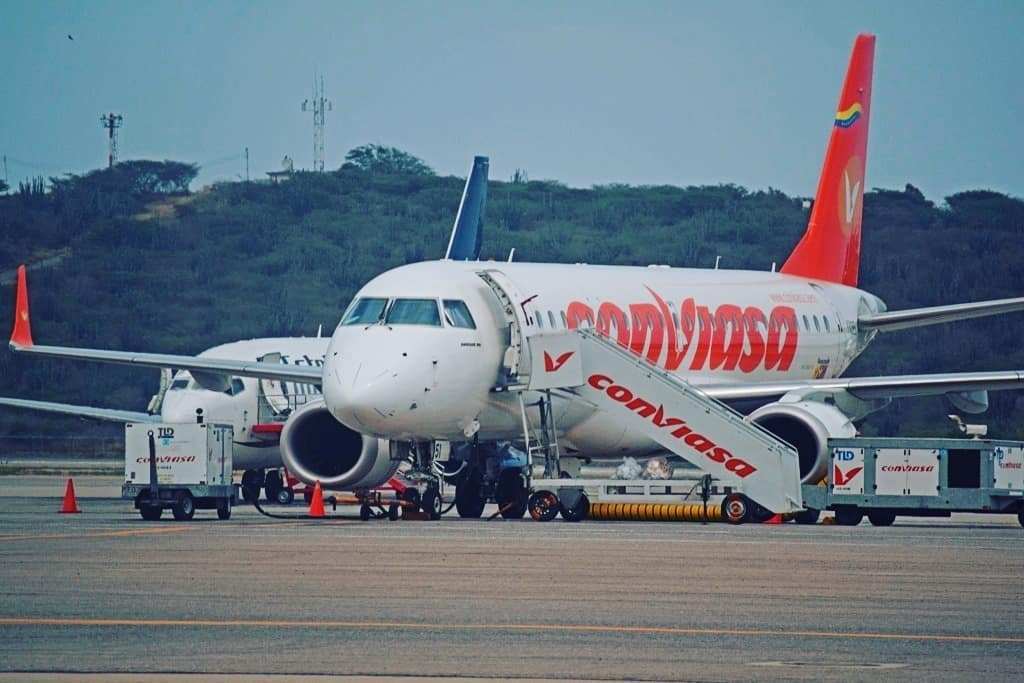You Are Now Free to Move Around the Embargo: The Travel Exemption Under IEEPA

I’m not sure what’s been going on lately, but we have been getting a lot of questions about whether sanctions preclude travel to countries subject to U.S. economic sanctions administered by the United States Department of the Treasury’s Office of Foreign Assets Control (“OFAC”). In particular there have been a number of questions about traveling to Iran. I find this strange since it is pretty well known that U.S. persons frequently travel to Iran and do so freely. The only possible explanation for this is that with all the news recently about travel restrictions on Cuba and the difficulties certain companies are having obtaining Cuba people to people licenses that people are currently sensitive to sanctions and their potential impact on travel.
Although this may be common knowledge to most readers of this blog, the International Emergency Economic Powers Act (IEEPA), the underlying legal authority for most of the sanctions programs administered by OFAC, maintains an exemption for travel and travel related transactions. This is in stark contrast to the Cuban embargo, which prohibits travel due to its underlying legal authority, the Trading With the Enemy Act (TWEA), which does not maintain any similar exemption. For those dealing with the travel exemption under IEEPA, it is enough to know that those sanctions programs promulgated under IEEPA authority do not prohibit transactions ordinarily incident to travel to or from any country, including importation of accompanied baggage for personal use, maintenance within any country including payment of living expenses and acquisition of goods or services for personal use, and arrangement or facilitation or such travel including nonscheduled air, sea, or land voyages.
The IEEPA exemption referred to above is not a general license, it is an actual exemption. This means that it is outside of the President’s, and therefore OFAC’s, authority to prohibit such activities. An important note here, however, is that OFAC takes a fairly strict interpretation of what is “accompanied baggage for personal use”. This does not mean that one can take whatever they want to a country like Iran, so long as it in their baggage. This is an interpretation some folks tried to push when the Apple controversy occurred earlier this summer. I would advise using good judgment when traveling to an IEEPA sanctioned country and take only those articles needed for your personal maintenance while traveling.
The author of this blog is Erich Ferrari, an attorney specializing in OFAC matters. If you have any questions please contact him at 202-280-6370 or ferrari@ferrari-legal.com.




2 Comments
But when traveling to Iran, Americans shouldn’t attempt to use their credit cards, ATM cards, or travelers checks–only cash, right?
While, I’ve never considered the issue, it would likely constitute a sanctions violation to utilize any of those services given that a U.S. financial institution or service provider would not be able to offer services for processing of those payments as an initial matter. From what I understand from clients regularly traveling to Iran, they only use cash.
Comments are closed.